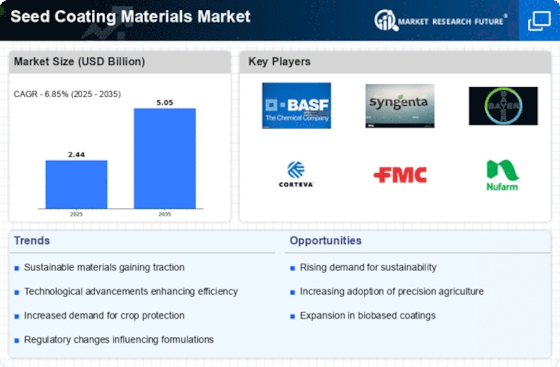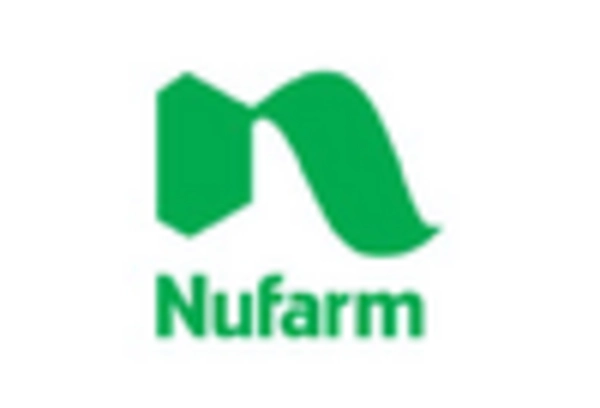Market Share
Seed Coating Materials Market Share Analysis
Inside the profoundly serious seed coating materials market, associations carry out essential pieces of the pie situating strategies with an end goal to lay out a considerable presence and achieve an upper hand. Item separation is a fundamental methodology utilized by associations, wherein they focus on the production of particular and spearheading seed covering materials that give individual advantages. Items that are separated may feature credits like uplifted protection from illnesses, advanced transportation of supplements, or state of the art innovations like canny coatings. Organizations can lay out a specific market section, develop client steadfastness, and upgrade their portion of the overall industry by offering arrangements that really tackle the extraordinary difficulties or necessities experienced by ranchers.
The seed coating materials area is intensely impacted by the portion of the overall industry situating accomplished through essential associations and coordinated efforts. To gain by the cooperative energies and pooled assets of seed makers, rural analysts, and different partners in the business, organizations habitually lay out unions. These coordinated efforts might bring about the making of tweaked answers for specific items or areas, the broadening of item contributions, and section into undiscovered business sectors. Cooperative undertakings streamline innovative work attempts and profit by collaborations to upgrade piece of the pie situating, in this way supporting the business' general seriousness.
For seed coating materials portion of the overall industry situating, geographic development is a critical strategy. With an end goal to extend their market presence, organizations lay out powerful circulation organizations, fashion unions with local wholesalers, and adjust their items to line up with horticultural practices intended for every area. Acquiring a more extensive client base through the arrangement of seed covering materials that are custom fitted to the particular prerequisites of different geographic business sectors advances piece of the pie situating. By decisively fitting plans to oblige different environments and products, organizations can lay out an upper hand in the commercial center and gain top to bottom information on local varieties.
A fundamental piece of the pie procedure for situating in the seed coating materials market is to keep up with cost authority. Organizations that can give seriously estimated seed covering materials of prevalent quality obtain a significant upper hand. Savvy arrangements are especially alluring to cost cognizant makers, especially in regions where buying choices are altogether affected by financial variables. Cost initiative is accomplished through the use of proficient acquirement of natural substances, fulfillment of economies of scale, and creation process streamlining. This advances piece of the pie situating as well as working with item openness to a more extensive scope of clients.


















Leave a Comment